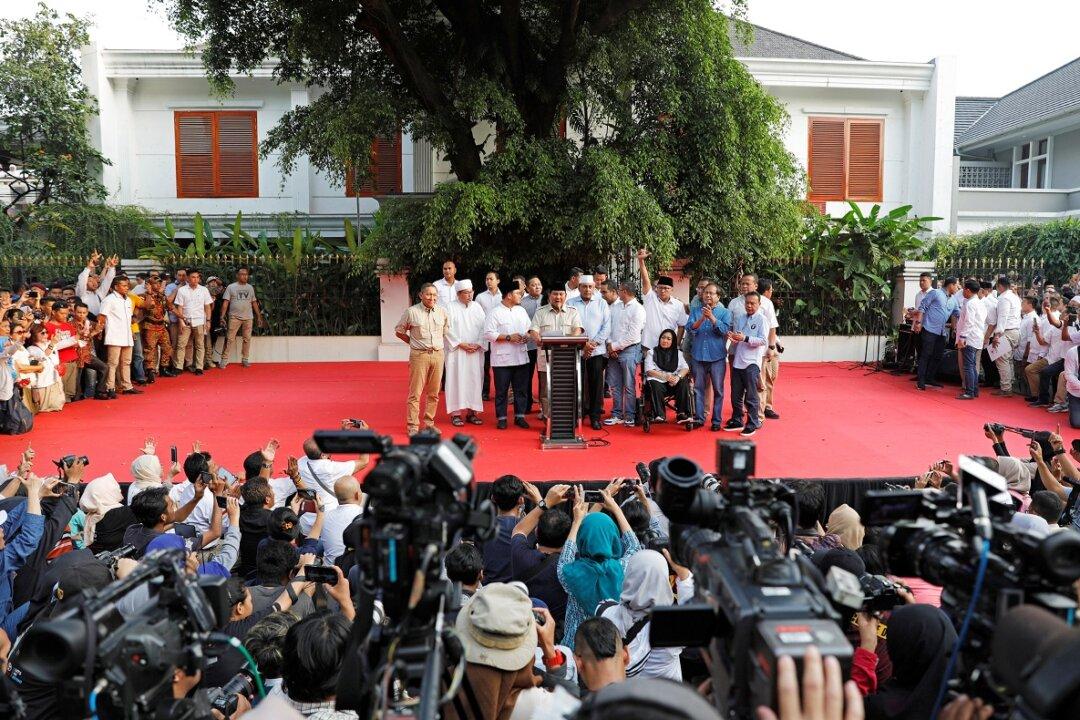Assistant Treasury Minister Andrew Leigh spoke at Transparency International Australia on Aug. 30, addressing how corruption detrimentally impacts the economy.
Mr. Leigh spoke of how corruption harms the Australian economy, and without a concerted effort to combat the issue, Australia faces lower investment, a weaker health system, and higher business costs.




